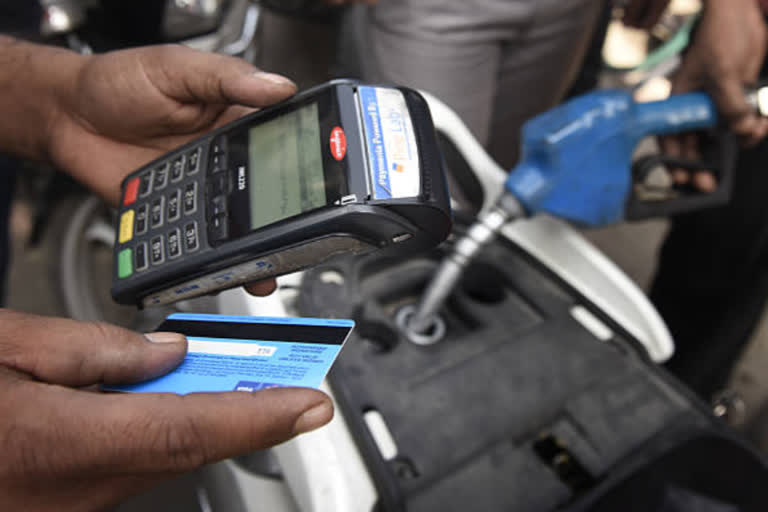New Delhi: The common man continues to be impacted by rising petrol and diesel prices. Under the daily price revision mechanism, oil marketing companies (OMC) increase and reduce the prices. When the price of crude oil was USD 81.03 in October of 2018, the petrol rate shot up to INR 80. During the same time, diesel price touched INR 75.
Even though the global crude prices have dropped to USD 40, petrol and diesel prices hit a new high in India. Apparently, the state-owned oil companies are making up for the losses incurred during the lockdown period. Amid the pandemic, demand for crude oil has plummeted.
In addition, the Russia-Saudi oil war took place in March 2020 after Russia refused to reduce oil production. As a result, crude oil touched USD 15.98 a barrel, its lowest in decades. State-run oil marketing companies which ignored price revision when the global crude rates fell, have been increasing domestic petrol and diesel prices since June 7.
Further, the Center has levied excise duty on petrol and diesel. With states like Karnataka, Tamil Nadu, Delhi and Jharkhand going the VAT way, prices have skyrocketed. As businesses and livelihoods continue to flounder post corona, the rising petrol and diesel prices are only proving detrimental. Earlier this year, crude oil was priced at USD 70 a barrel but the price fell by nearly half in three months.
But Indians could not benefit from this global development, thanks to the taxes. In fact, Indians pay the highest tax on petrol and diesel. The Rangarajan committee estimated that the total tax incidence on petrol came to 56 percent and on diesel, it was 36 percent.
An analysis revealed that the central exchequer got roughly 52 percent of tax revenues while states got 48 percent. Meanwhile, petrol price was hiked to INR 75 in New Delhi at a point when global crude prices nosedived.
According to the Petroleum Planning and Analysis Cell’s report, the Center and states’ combined revenue from the petroleum sector in 2014 was INR 3.32 lakh crore, which doubled to INR 5.95 lakh crore in 2019. With the recent price hike, the Center is expected to get additional revenue of INR 1.7 lakh crore.
The Indian government is eager to cash in on the revenues as it continues to distance its citizens from the benefits of global price fall. Instead of saving people and their livelihoods from the effects of crude highs and lows, the government seems to enjoy this systemic arrangement of devastation. The only way to put an end to this is to bring petroleum products under the purview of GST.
Also Read: Petrol nears Rs 80 mark, diesel at new high after 16th price hike in a row



